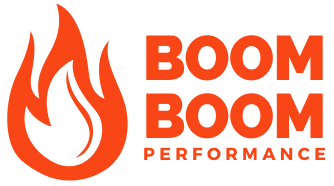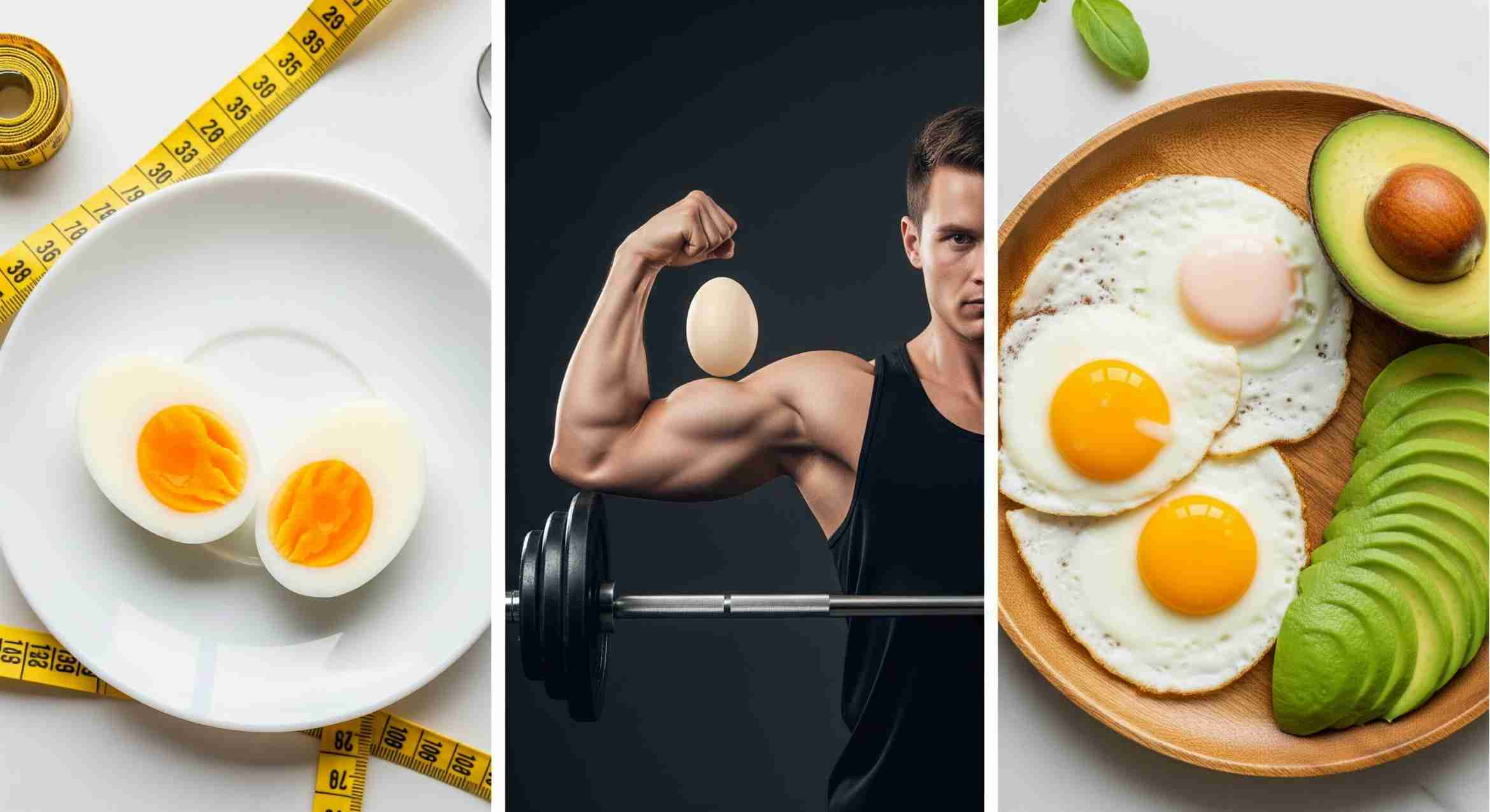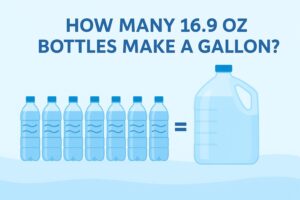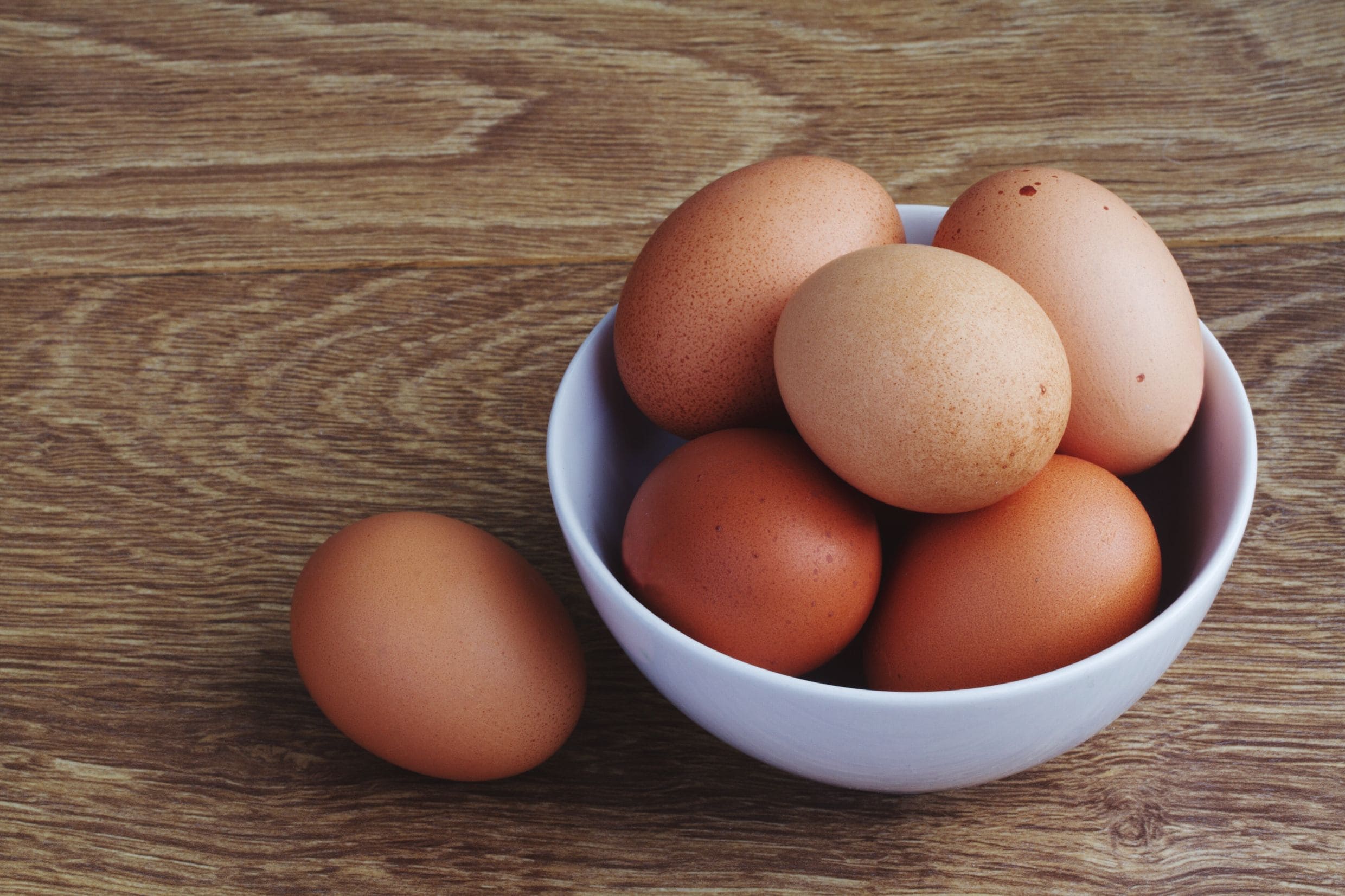
If you’re like me, you’ve probably asked yourself at some point: how many calories are in 3 eggs? Eggs are one of the most common foods in our kitchens — I have them almost every morning in one form or another. Whether scrambled with veggies, fried sunny-side up, or boiled for a quick snack, eggs are a go-to option for people who want both taste and nutrition.
But here’s the thing: the calorie count of 3 eggs isn’t always the same. It depends on the size of the eggs and the way you cook them. In this blog, I’ll break down the numbers in detail, explore how cooking changes the calorie count, and even look at how eggs fit into weight management and overall health.
Why Calories in Eggs Matter
Eggs are considered a nutrient powerhouse. They’re rich in protein, vitamins, and healthy fats. But if you’re tracking calories for weight loss, muscle gain, or just mindful eating, knowing the calorie count of your favorite foods becomes important.
I started paying attention to calories a few years ago when I wanted to build lean muscle. Eggs became my best friend — they’re inexpensive, filling, and versatile. However, I quickly realized that the way I cooked them made a big difference in their calorie content.
Calories in 3 Medium vs. 3 Large Eggs
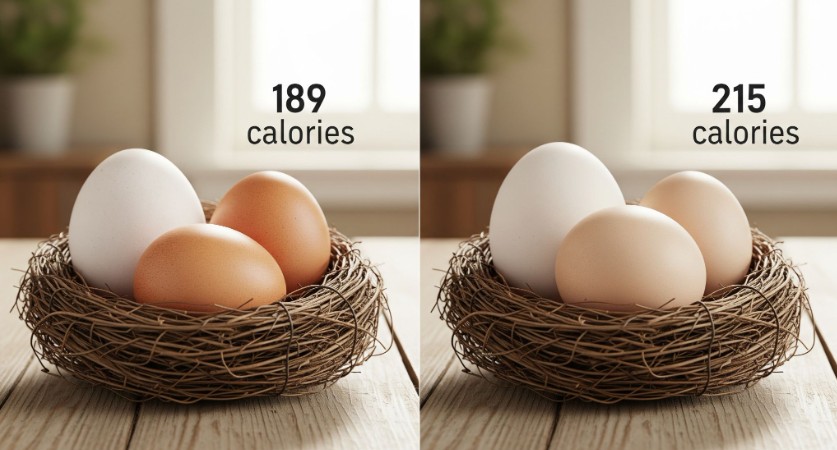
The size of an egg plays a major role in determining its calorie count. Here’s a breakdown:
- 3 medium eggs (whole, fresh): about 189 calories
- 3 large eggs (whole, fresh): about 215 calories
That’s a noticeable difference if you’re eating them regularly. While both options are healthy, choosing medium or large eggs could slightly shift your daily calorie intake.
How Cooking Methods Change the Calories
Here’s where it gets interesting — cooking style matters just as much as size. Eggs absorb fats like oil or butter during cooking, which can increase calories significantly.
- 3 medium boiled eggs: ~203 calories
- 3 large fried eggs (in oil): ~270 calories
- 3 medium scrambled eggs (no added fat): ~211 calories
The difference between boiled and fried eggs is striking. Adding oil or butter during frying increases the calorie count, often without us realizing it.
Personally, I prefer boiling eggs when I want to stay on the lower side of calories. On busy mornings, I’ll boil three, sprinkle them with a little salt and pepper, and I’m good to go.
Eggs: Calories vs. Nutrition
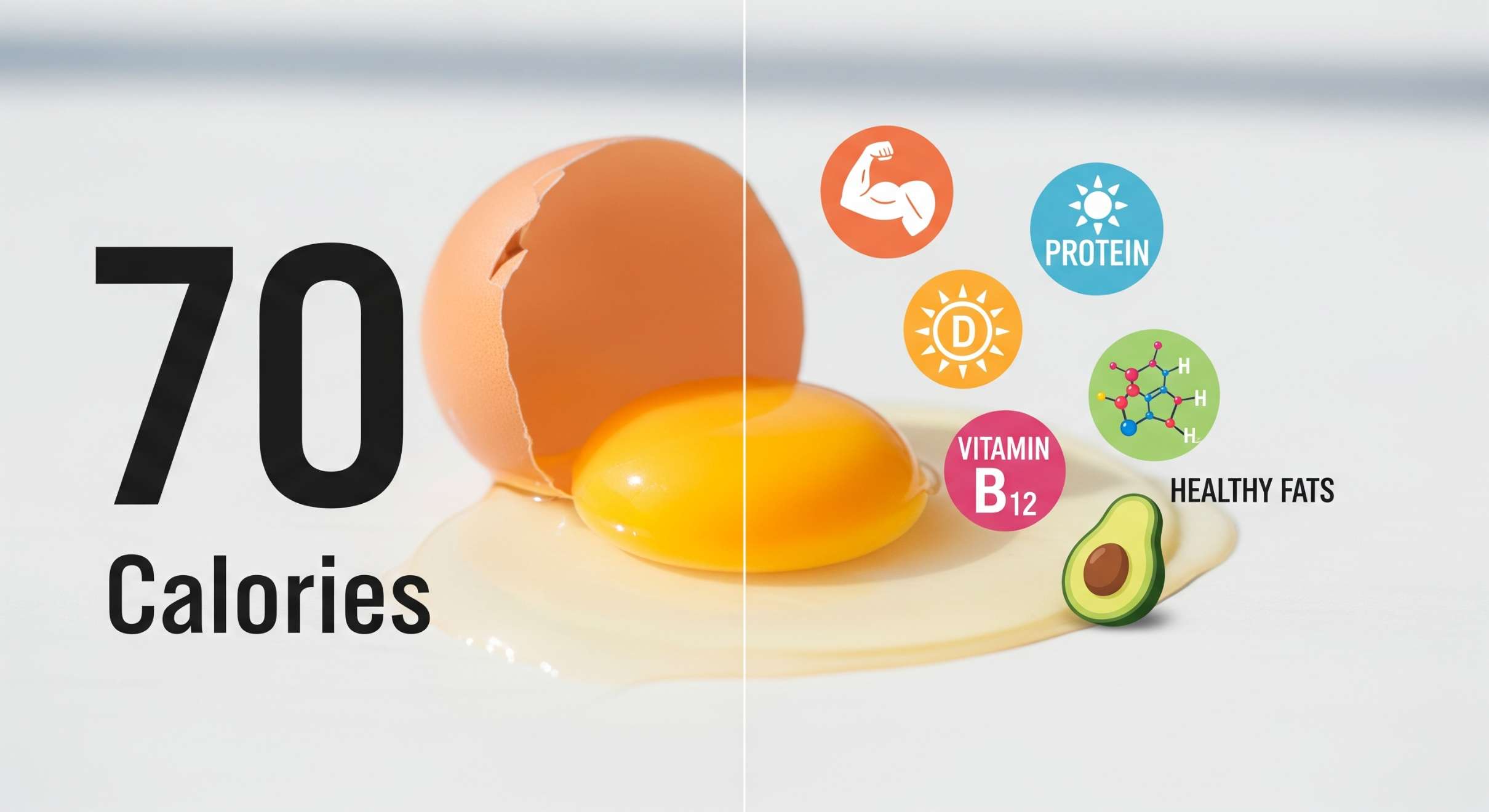
Now, calories are only one side of the story. Eggs pack a nutritional punch that goes far beyond their calorie count.
- Protein: Each large egg has about 6 grams of high-quality protein.
- Healthy fats: Around 5 grams of fat, mostly unsaturated.
- Micronutrients: Vitamin B12, vitamin D, selenium, and choline — all vital for energy, brain health, and metabolism.
For me, this is why eggs are a staple. They’re nutrient-dense, meaning you get a lot of nutritional value for relatively few calories.
Calories in Egg Whites vs. Whole Eggs
Another common question I get asked is whether egg whites have fewer calories. The answer is yes.
- 1 large egg white: ~17 calories
- 1 large whole egg: ~70 calories
So, if you only eat the whites of 3 large eggs, you’ll get around 51 calories — significantly less than eating whole eggs.
That said, most of the nutrients (like vitamins and healthy fats) are found in the yolk. Personally, I don’t like skipping yolks unless I’m making a high-protein, low-fat recipe.
How Eggs Fit Into Different Diets
For Weight Loss
Eggs are often recommended for weight loss because they’re filling and high in protein. Three boiled eggs for breakfast can keep you full longer, preventing unnecessary snacking.
For Muscle Building
As someone who trained in the gym regularly, I loved including eggs in my diet. The protein supports muscle repair and growth, making them a staple in many bodybuilding meal plans.
For Low-Carb or Keto Diets
Eggs are naturally low in carbohydrates, making them perfect for keto or other low-carb approaches. Three large eggs contain less than 2 grams of carbs.
Common Cooking Styles and Calorie Counts
To give you a quick reference, here’s a table showing how 3 eggs measure up in different preparations:
| Cooking Method | Size | Calories (approx.) |
| Boiled (no fat) | Medium | 203 |
| Boiled (no fat) | Large | 215 |
| Scrambled (no fat) | Medium | 211 |
| Fried (with oil) | Large | 270 |
| Omelet (with cheese & veggies) | Large | 350+ |
As you can see, the calorie count jumps when cheese, butter, or oil enter the picture.
Eggs and Satiety: Why They Keep You Full

One of the reasons I recommend eggs to friends is because they keep you feeling full. Protein-rich foods release hormones that signal fullness, reducing hunger cravings. Three eggs in the morning can set the tone for healthier eating throughout the day.
I remember switching from a bowl of sugary cereal to three scrambled eggs with veggies. The difference in how long I stayed full was unbelievable.
Health Considerations: Cholesterol and Eggs
For years, eggs got a bad reputation because of their cholesterol content. One large egg has about 186 mg of cholesterol, mostly in the yolk.
However, recent research from the Harvard T.H. Chan School of Public Health suggests that for most healthy people, moderate egg consumption (up to one egg per day) does not increase the risk of heart disease.
That was a relief for me — and for many egg lovers worldwide.
Tips to Keep Egg Calories in Check
If you want to enjoy eggs without overloading on calories, here are a few strategies I use:
- Choose boiling or poaching instead of frying.
- Use non-stick pans to reduce oil needs.
- Add vegetables to scrambled eggs or omelets to increase volume and nutrition without a calorie spike.
- Limit cheese and butter if calorie control is your goal.
Also Read: How much protein in chicken wings
Frequently Asked Questions
Are eggs good for weight loss?
Yes, eggs are great for weight loss because they’re low in calories but high in protein and nutrients. Eating 3 boiled eggs for breakfast can help control hunger.
How many calories are in 3 scrambled eggs with butter?
Three large scrambled eggs cooked with butter can reach around 320–350 calories, depending on how much butter you use.
Is it okay to eat 3 eggs a day?
For most healthy people, yes. Studies show that eating up to 1–2 eggs per day is safe. If you’re active and otherwise healthy, 3 eggs daily can be part of a balanced diet.
Do eggs help with muscle building?
Absolutely. Eggs are a complete protein source, which means they contain all essential amino acids necessary for muscle repair and growth.
Wrapping It Up: Eggs Are More Than Just Calories
So, how many calories are in 3 eggs? On average, you’re looking at 190 to 220 calories if boiled and much higher if fried or cooked with butter and cheese.
But here’s my main takeaway: eggs are more than just their calories. They’re versatile, packed with nutrients, and fit into almost any diet. Whether you’re trying to lose weight, gain muscle, or simply eat healthier, eggs can play a starring role.
Personally, I can’t imagine a week without them. And the best part? You can enjoy them guilt-free, as long as you’re mindful of how you cook them.
